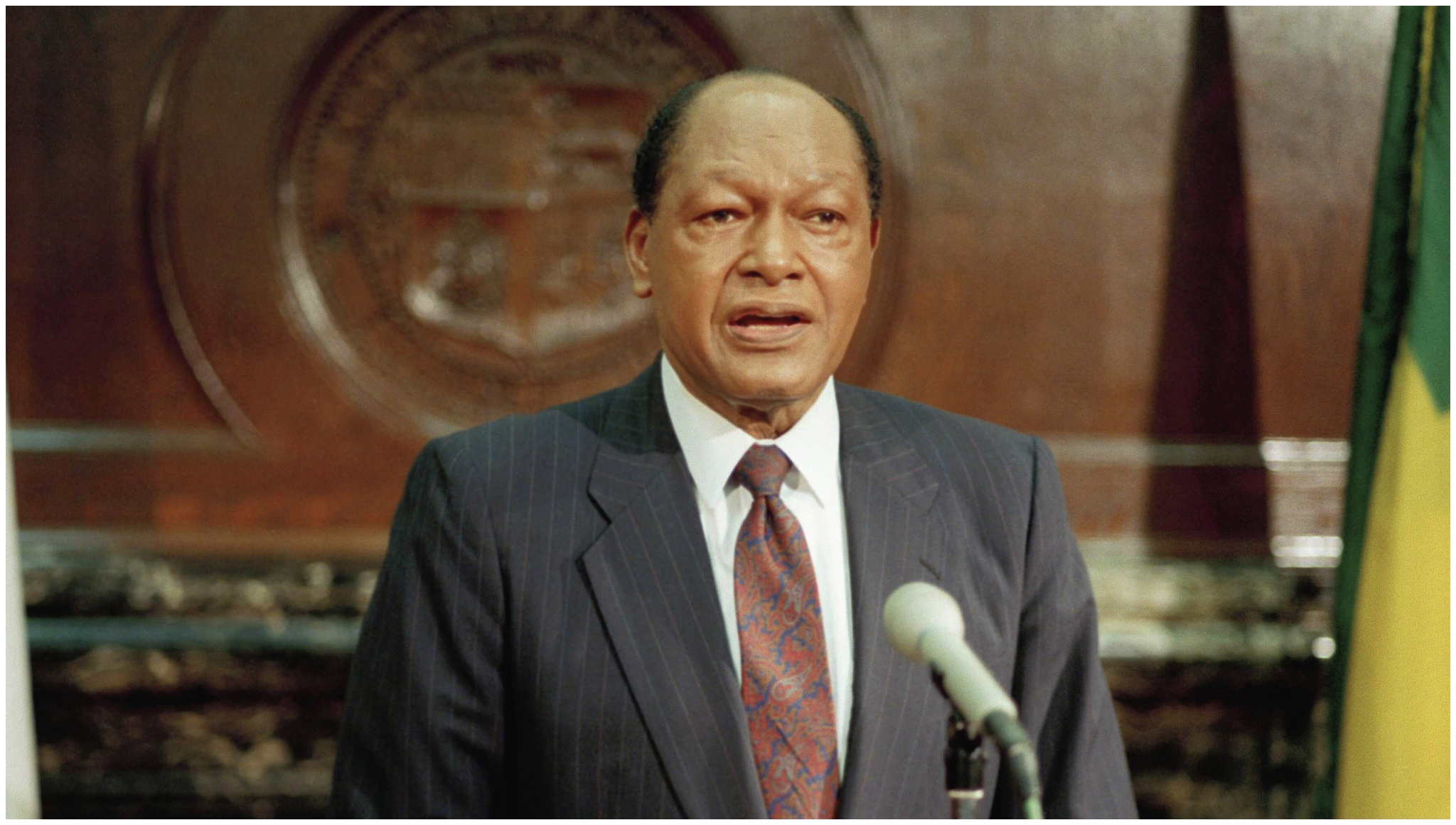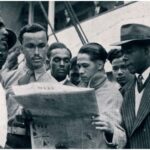Tom Bradley Wins Mayoral Race in a Historic Victory
On May 29, 1973, Tom Bradley was elected the first Black mayor of Los Angeles. It was a powerful moment for both the city and the nation. Bradley defeated incumbent Sam Yorty with 56% of the vote, forming a strong coalition of Black, White, and Latino voters.
At the time, Los Angeles was a predominantly White city. Electing a Black mayor in such a setting was a bold statement about change and progress. Bradley’s win made him the first Black mayor of a major, mostly White American city.
From Sharecropper’s Son to City Leader
Tom Bradley’s journey started in Calvert, Texas, where he was born to sharecropper parents and the grandson of formerly enslaved people. When he was seven, his family moved to Los Angeles, searching for better opportunities.
Bradley earned a track scholarship to UCLA, where he became a standout athlete. Later, he joined the Los Angeles Police Department. He served for 21 years and rose to the rank of lieutenant — a rare achievement for a Black officer at the time.
A Career Marked by Public Service and Major Firsts
Bradley first entered politics in 1963 when he was elected to the Los Angeles City Council. He became the council’s first Black member and quickly made a name for himself as a thoughtful and steady leader.
After losing his first mayoral race in 1969, he came back stronger. By 1973, Bradley built a broad coalition across racial lines, earning enough support to win the city’s top job.
Transforming Los Angeles Through Two Decades of Leadership
Bradley’s 20 years as mayor made him the longest-serving mayor in Los Angeles history. During his time in office, the city expanded rapidly and became a major international hub.
One of his proudest accomplishments was bringing the 1984 Summer Olympics to Los Angeles. The event was a financial and cultural success, boosting the city’s global reputation. He also appointed civil rights activist Myrlie Evers to the Public Works Commission, continuing his commitment to diversity and equality in leadership.
Challenges, Criticism, and a Lasting Legacy
Bradley’s leadership wasn’t without challenges. In 1982, he ran for California governor but narrowly lost. That election gave rise to the term “Bradley effect,” which describes polling discrepancies in races involving minority candidates.
He also faced criticism for being overly reserved, earning the nickname “The Sphinx of City Hall.” Tensions rose further in 1991 after the videotaped beating of Rodney King by White police officers — a painful chapter during his tenure.
Bradley passed away in 1998 after a heart attack. Today, his name lives on at Los Angeles International Airport’s Tom Bradley International Terminal, a symbol of his lasting influence on the city he loved.
A Leader Who Redefined Los Angeles
Tom Bradley wasn’t just a politician — he redefined what was possible for Black leaders in major U.S. cities. As historian Kevin Starr said, “His mayoralty was a time in which Los Angeles reconfigured itself, redefined itself.”
Raphael J. Sonenshein, author of Politics in Black and White: Race and Power in Los Angeles, called Bradley “the most important political figure in Los Angeles in the last three decades.” His career opened doors for generations of leaders to follow.





